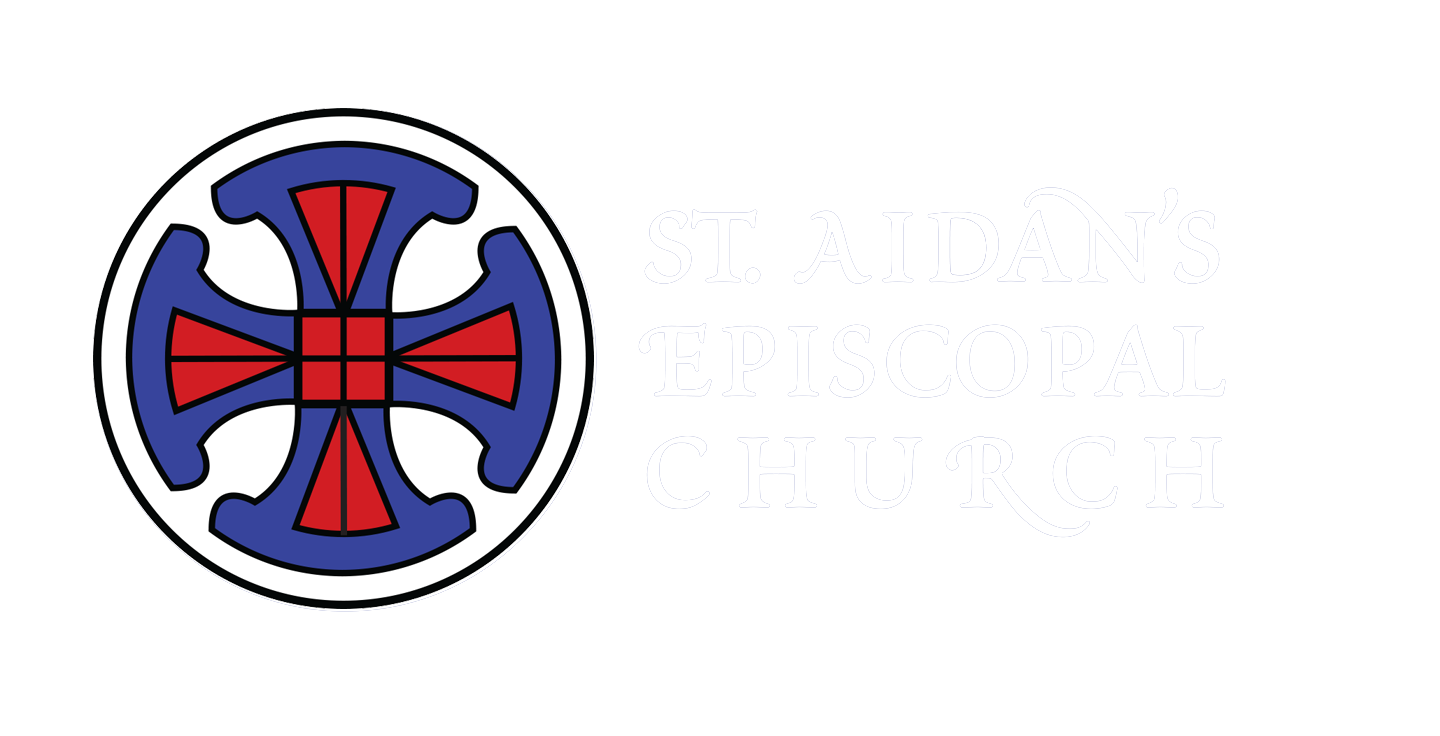Living Transformed Lives
Today’s reading from Acts is one of the most compelling stories in scripture, and one of the most often retold within scripture, usually by Paul himself, or by one of his followers pretending to be Paul. This story is the source of much of our day-to-day idiom about converstion: blinded by the light, Damascus Road experience, knocked off our horse by God...Paul’s experience of conversion is often the standard against which we measure our own faith—when we do that, most of us fall short.
The moment of conversion is not as important as what we do with it. This is good news for many of us whose conversion experience has been slow and subtle, mysterious, mundane, and cumulative. The important part of Christian faith and practice is not how we found Jesus or how Jesus found us, but what we do with that awareness of God in our lives.
The world needs hearts transformed by Jesus.
Long ago I came across some teaching by the theologian John Westerhoff, about different types of conversion experiences as the distinction between pickles and pop-tarts. Pop-tarts—for some of us, at least, can be pretty exciting, especially in that moment when they have been out of the toaster just long enough not to burn your mouth, but not so long that they’re completely cooled off. Pickles, on the other hand, are transformed from cucumbers over time, while soaking in brine with all of its varied spices. I would venture to guess that many of us—certainly myself included—have had our hearts are transformed in that slow way, through participating in the prayer and sacraments of the church over years, sitting in lovely spaces listening to heavenly music, and partaking in the life of a community over time.
Even if we identify with this pickling experience rather than the intense Damascus road Pop-tart experience, I hope that we will find ways to talk about how our hearts have been transformed. Why? Because the world needs hearts transformed by Jesus.
A little while after I started here at St. Aidan’s, someone asked me: What’s your plan? What’s your plan for growing the church? What’s your plan for bringing in more young people?
Inviting more organizations onto our lovely campus to use our buildings for their own good work will help, but it is not the main thing that will grow our church. Getting a new rector who loves this place, love to preach the Gospel, loves the Episcopal Church, and thinks she knows how to run an organization like ours will help, but it is not the main thing. Continuing to support and grow a phenomenal music program that touches our hearts and lifts our souls to heaven while we’re still here on earth is one of the great gifts we have to offer the community around us, but even that is not the main thing.
All of these things are important.
But. (This is the part where you throw rotten tomatoes at me.) My plan is for you all to grow this church. I am, as I have often said, just the hired help. What will heal our broken world and help people to discover St. Aidan’s—such a hidden treasure—is a bunch of people walking around and being able to speak, in your families, to your neighbors and coworkers, about your hearts transformed by Jesus.
Our purpose in growing our church is not to pay our bills but to help build a world, or at least a city, or a neighborhood of people walking around with hearts that are set on love. Jesus commissioned us to make disciples everywhere. If I have a plan, it is for everyone here to think about who in their life who needs the particular pathway to Christ that we have to offer: sacramental, contemplative worship, beautiful music, and a community united by shared history and by our care for one another and for this place. A place to belong.
All over the country this morning, or maybe next week, people will be quoting a piece from this morning’s New York Times, about belonging. Before a person can have their heart transformed by God, they need a place to belong. And I would add that unless they are very brave or lucky or both, they need someone they know and trust to tell them about their own experience of belonging.
Our world needs help. It is an urgent time for disciples—all of us—to go out and make more disciples. It is an urgent time for us to spread the good news of a Jesus who is aligned with the poor and with all on the margins. Because there are others around our nation and the world who worship a Jesus I don’t recognize, a Jesus who condemns anyone who is outside the social and economic norms of the culture in power, and who rewards the powerful with prosperity and more power. That is not the good news we have to share.
A handful of us were at the Diocesan Renewal Gathering yesterday and I brought back two things for us: One is a song that was a simple repetition of these two lines, in English and then in Spanish: We are the table, we are the bread, we are the weaver, we are the web. In other words, we are the Kingdom of God and we are the disciples whose job it is to proclaim the kingdom and welcome others in.
The other thing I brought back is the refrain from the hymn “O Zion Haste.” (I don’t know if we sing that one here or not.) But the refrain is “Publish glad tidings, tidings of peace, tidings of Jesus, redemption and release.” We have glad tidings; let’s publish them.
